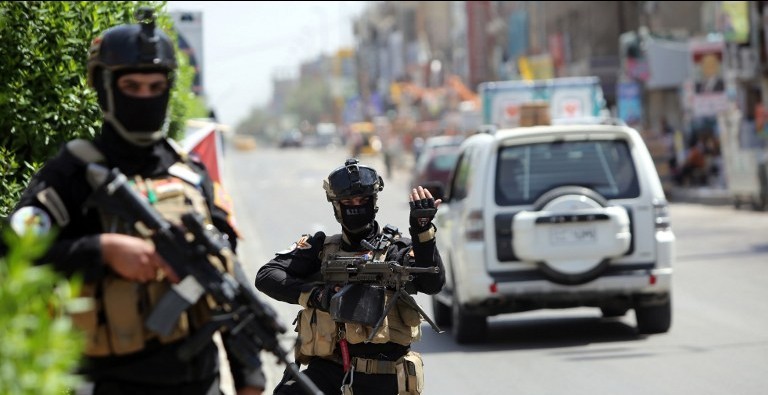By the time you read this, Mohammed bin Salman may have given President Trump orders to attack Iran. If so, throw this paper away (or click to another website — if there are any websites after a nuclear conflagration) and consider this column out of date.
Actually, you can consider almost any column I write about this president out of date by the time you read it. We’re averaging, what, six outrageous things a news cycle now? More than that, actually.
In such a news climate, is it possible that we can remain outraged for more than 24 hours by a president who teases potential war in the Mideast like it’s a Bruce Willis movie? I’m talking about this tweet:
“Saudi Arabia oil supply was attacked. There is reason to believe that we know the culprit, are locked and loaded depending on verification, but are waiting to hear from the Kingdom as to who they believe was the cause of this attack, and under what terms we would proceed!”
So now, the “Kingdom,” led by Mohammed bin Salman, the man who authorized a vivisection/butchery of a Washington Post journalist and from whose country 11 of the 9/11 hijackers came — this guy! — is going to let us know under “what terms we would proceed” to war in the Mideast?
This tweet came on the heels of one from Trump about a proposed meeting with the Taliban at Camp David on the eve of 9/11. Opposition to that meeting apparently cost National Security Advisor John Bolton his job. Trump said Bolton was fired. Bolton says he resigned. Like so many things that have happened during this chaotic administration, it’s one person’s word against the president’s. But it’s extra ironic because Bolton would be loving this week’s action. War! Locked and loaded! Yeehaw! His mustache would be erect.
But seriously, when do we admit that we are all being held captive by someone who is the polar opposite of a “stable genius”?
Consider: I just scrolled through 24 hours of the president’s tweets from Sunday and Monday. There were 38 of them, covering such subjects as Brett Kavanaugh (He should sue for liable [sic].), Joy Reed (Doesn’t have the it factor for show biz.), the Deep State (It’s after him.), columnist Kathleen Parker (Good!), Saudi Arabia again (Maybe war! Maybe not!), General Motors (Make a deal with the UAW!), Lou Dobbs and Joe DiGenova (Good!), the House Judiciary Committee (Crooked!), investigating President Obama’s book deal (Do it!), the judges he’s appointed (I’m a great president!), China (They’re losing the trade war!), the Federal Reserve (They don’t have a clue!), the Democrats (They might TAKE YOUR GUNS!), the Mueller Report (Fail!), his hotels (I don’t make a profit. I’m too rich.); the Democrats (They are watching “Obama Netflix.”), Yankees reliever Mariano Rivera (I’m presenting him the Presidential Medal of Honor!).
That’s not even half of them.
 Dreamstime | Alexstar
Dreamstime | Alexstar
It is undeniable to anyone looking at this situation even half-objectively that these are the ramblings of someone who is mentally ill. The emperor not only has no clothes; the emperor has the attention span of a goldfish on Adderall.
I’m old enough to remember when this president spent six days obsessing about a muffed hurricane prediction that finally resulted in his having a cabinet member order the NOAA to back him up. The media can’t possibly keep up with this frenetic pace of “policy” statements followed by insults to media personalities followed by threats of war followed by references to Obama Netflix — whatever the hell that is. The American presidency is in the hands of a genuinely disturbed individual.
There’s no foreign policy strategy. There are no strategies of any kind that I can discern. Trump regularly contradicts his own secretary of state, his own vice president, his own spokespeople. Most department heads are temporary appointees. There aren’t even press briefings anymore, because they became pointless. This administration — this Republican Party — is just Trump and his id and his impulses, all the way down.
It’s a pinball machine presidency, and Trump has all the quarters. The president’s not “owning the libs.” He’s not playing three-dimensional chess. The truth is, he’s not playing with a full deck. And he’s got the fate of the world in his hands.
And this column is probably already out of date.

